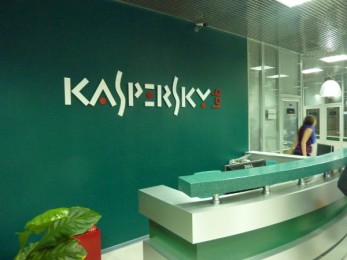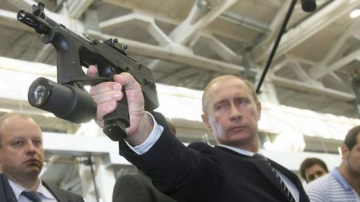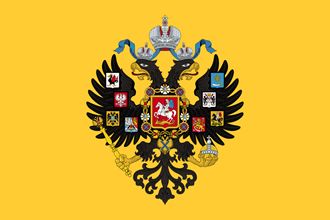 Two of Kaspersky Lab’s top US executives have cleaned out their desk after they failed to convince US government officials that not everyone in Russia is a pawn in Tsar Putin’s game.
Two of Kaspersky Lab’s top US executives have cleaned out their desk after they failed to convince US government officials that not everyone in Russia is a pawn in Tsar Putin’s game.
The company’s leader of its North American operations and the head of a Washington-area office went as it struggles to win US government contracts.
Company Chief Executive Eugene Kaspersky confirmed the changes in an interview with Reuters during a visit to China but claimed the two personnel changes were unrelated.
Kaspersky said the North America head Christopher Doggett had gone to a competitor while Kaspersky “decided to change leadership in DC,” where the two-year-old office pursues work protecting government agencies and critical infrastructure.
Doggett and former Washington-area head Adam Firestone are not saying anything.
But the shakeup comes at a time when Kaspersky says it is hard for non-American security companies to win bids for federal jobs and big US corporate contracts. The Americans were not really loyal to any non-American products and only British companies are treated in the same way as the Americans.
Kaspersky has been the foremost researcher uncovering Western government spyware for the past several years. Earlier this year, it said it had itself been attacked by one of the most sophisticated strains uncovered to date, with an intrusion it hinted came from U.S. ally Israel.
Kaspersky has also come under US. scrutiny for other reasons after claims that it distributed malware samples that were designed to trigger false positives by rival companies, prompting them to isolate legitimate software on users’ computers. Kaspersky denied it.
But the stories apparently drew attention in the White House and intelligence agencies and decreased Kaspersky’s chances of getting significant government contracts.









